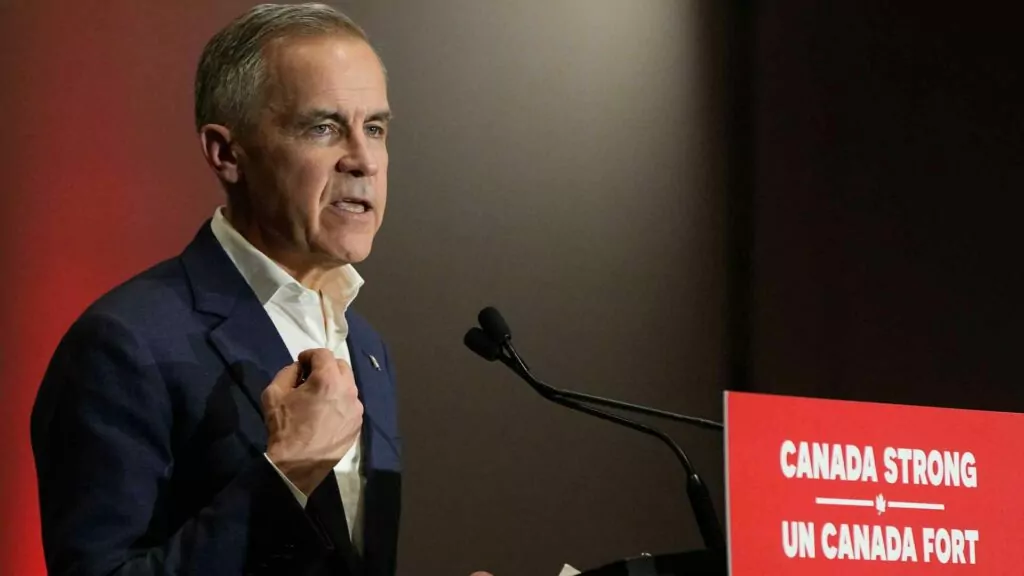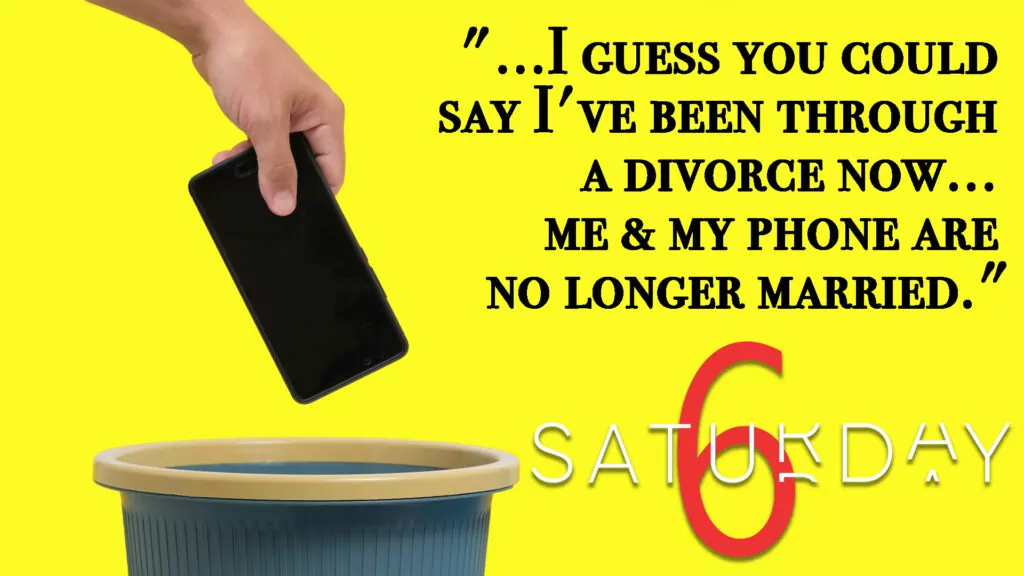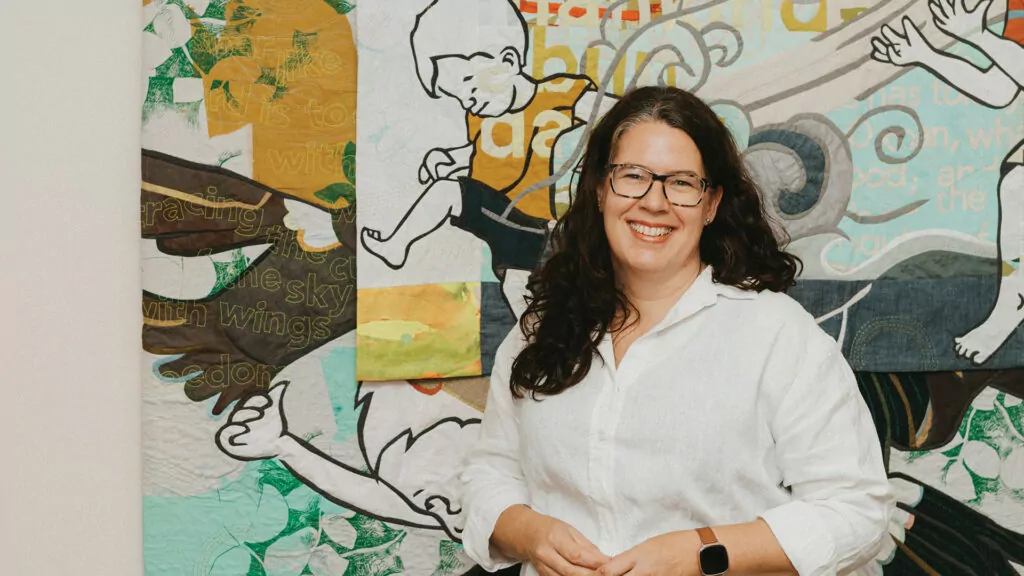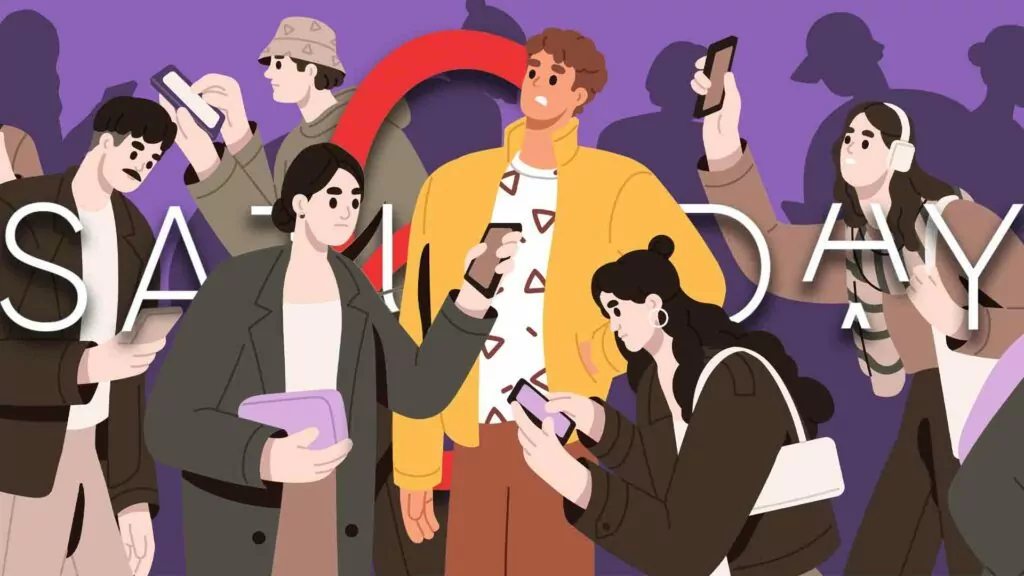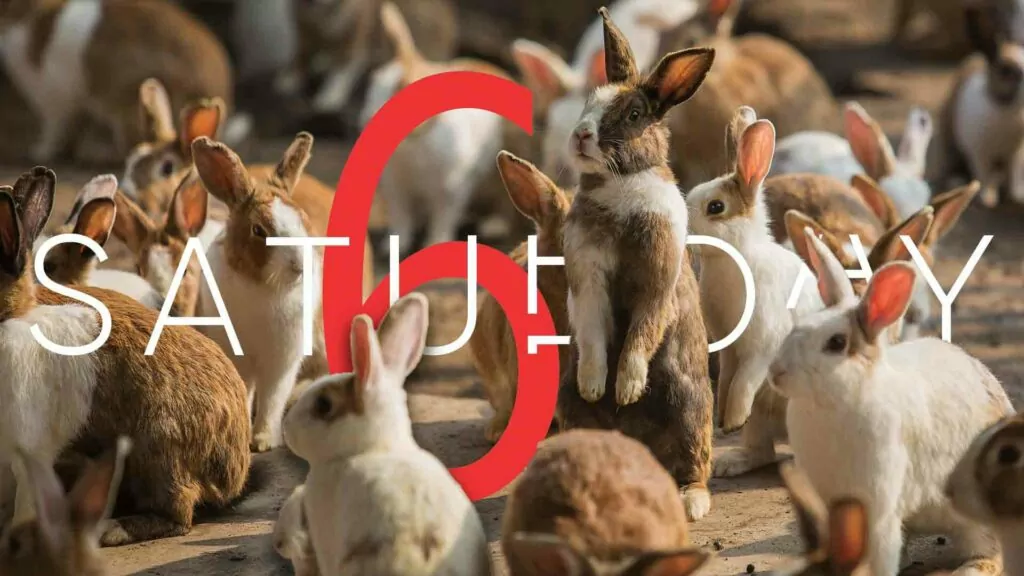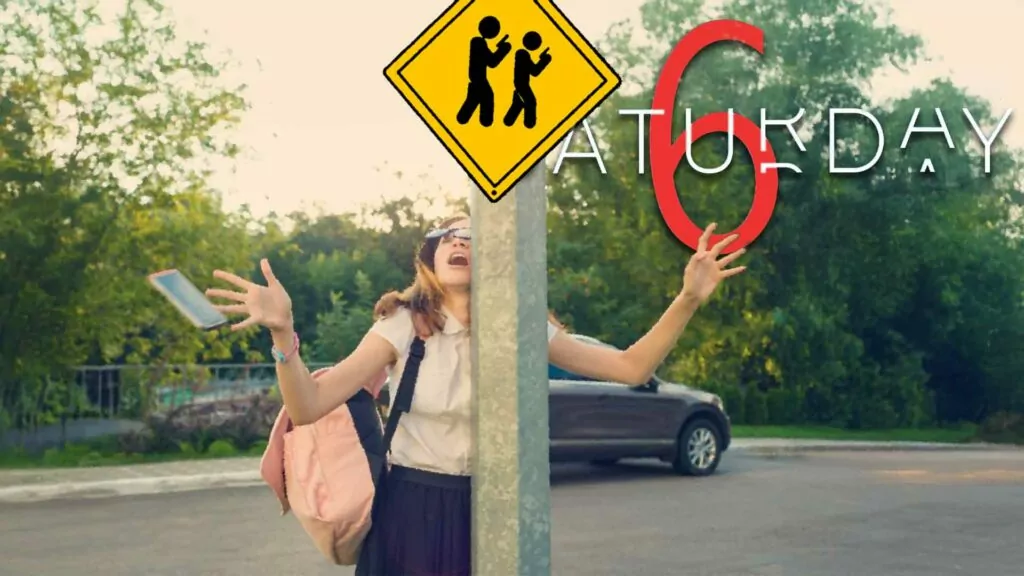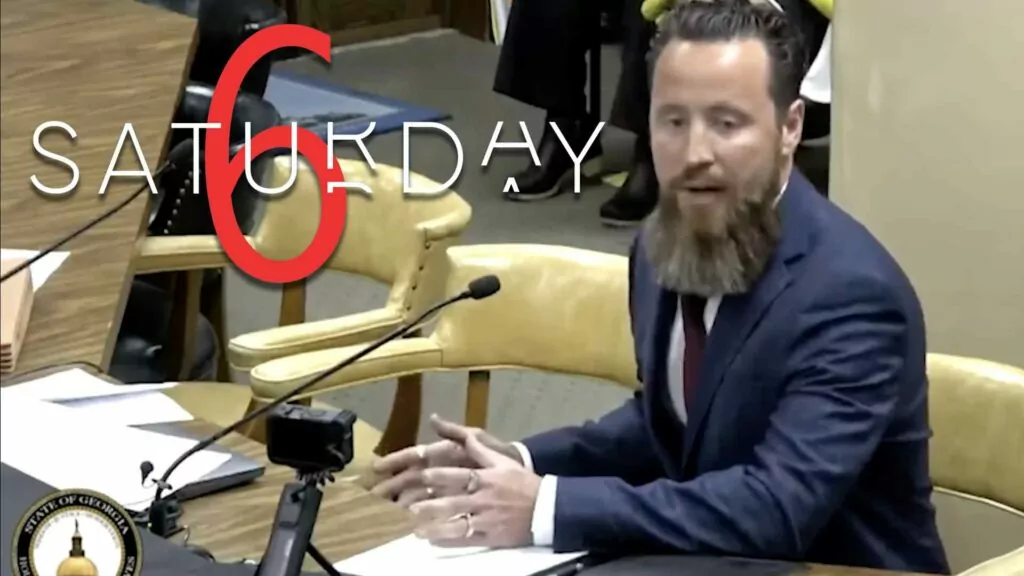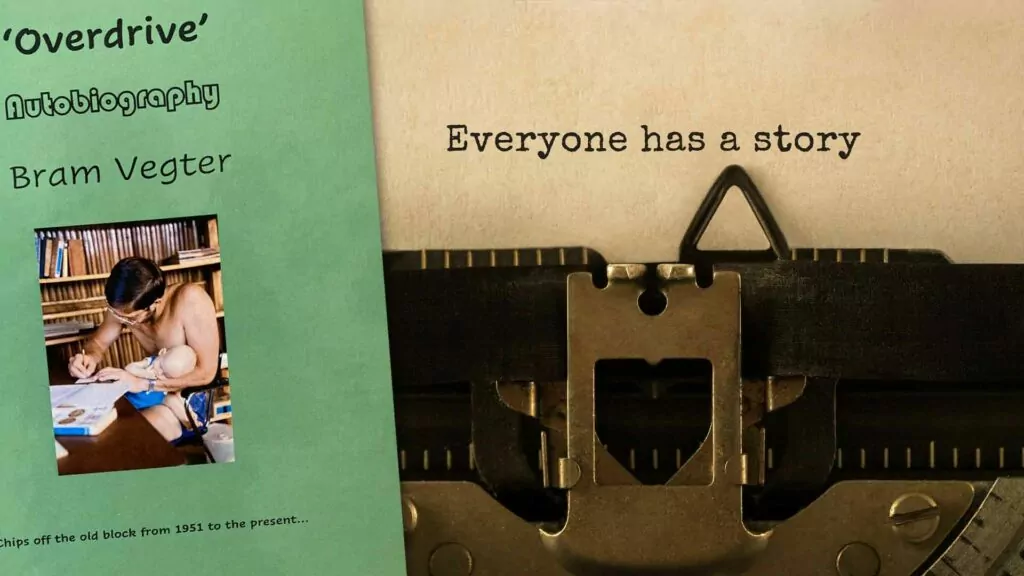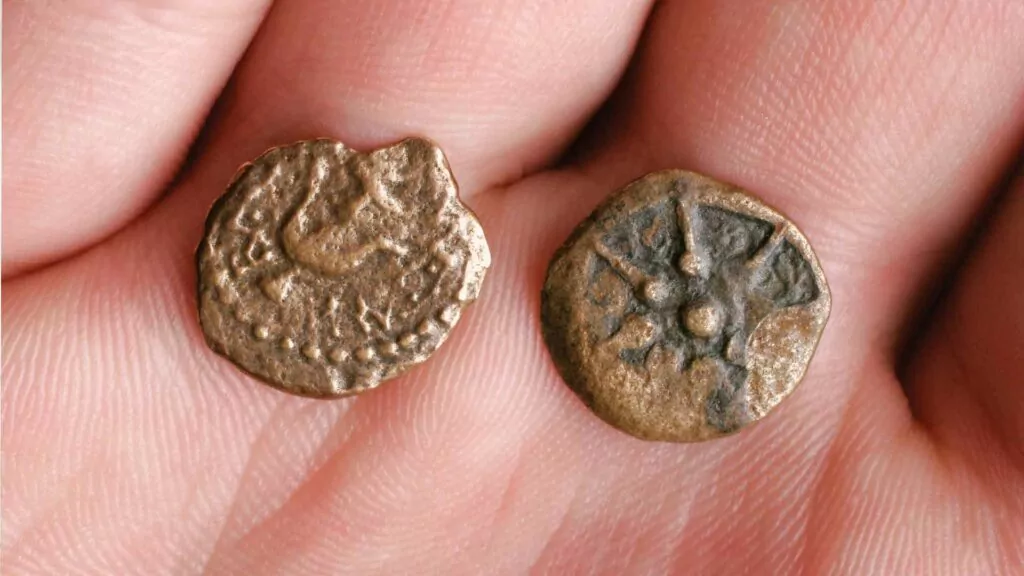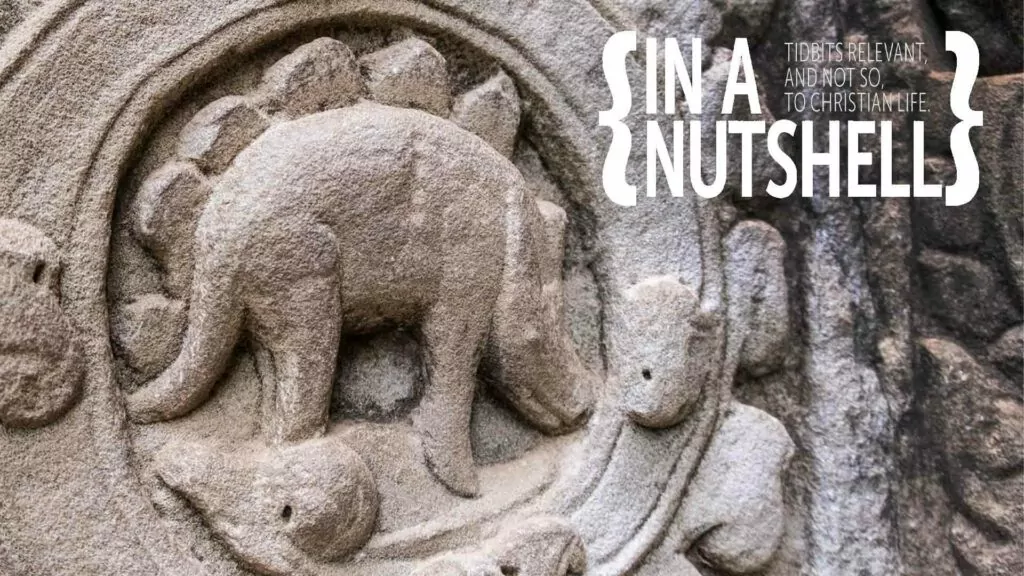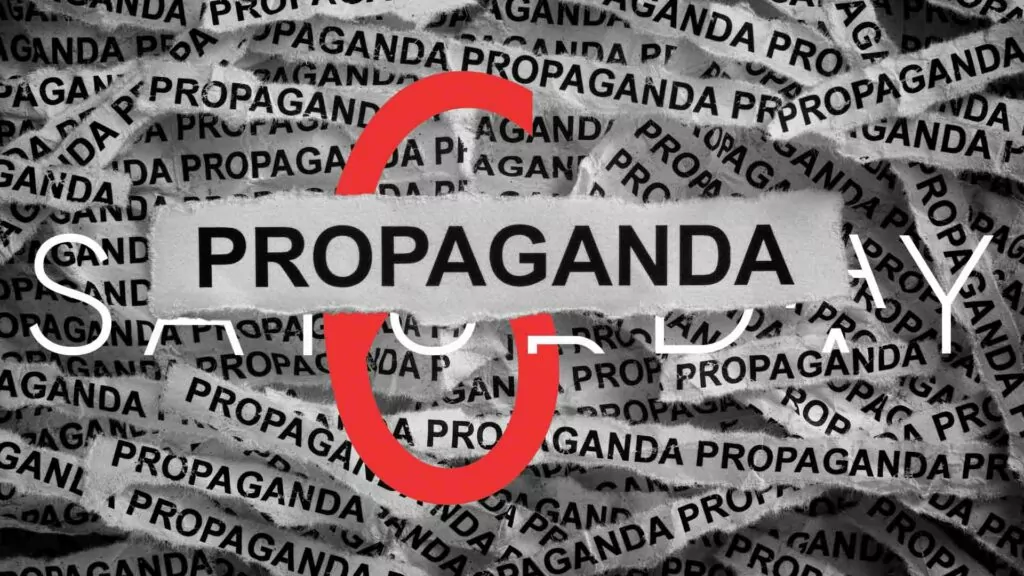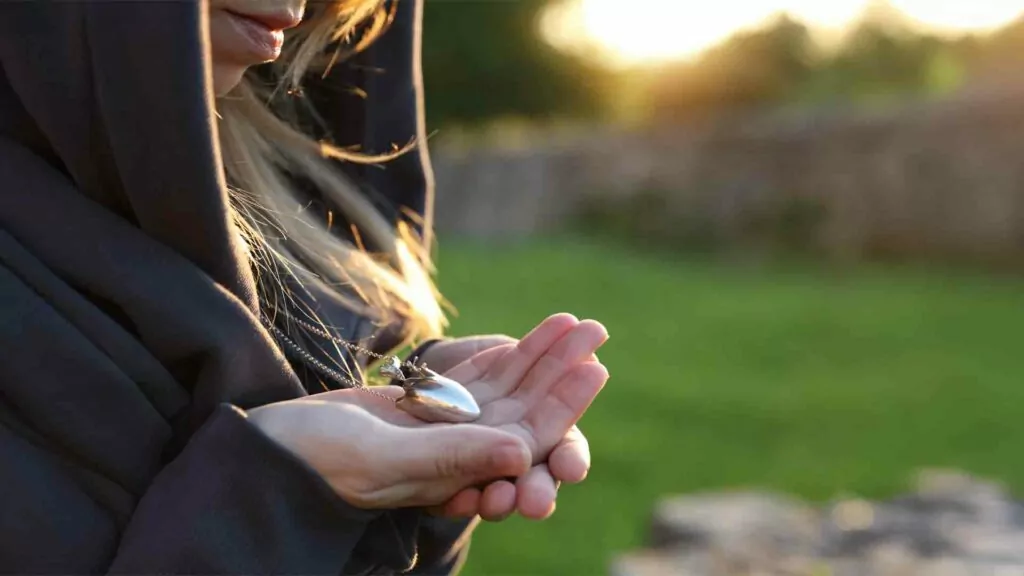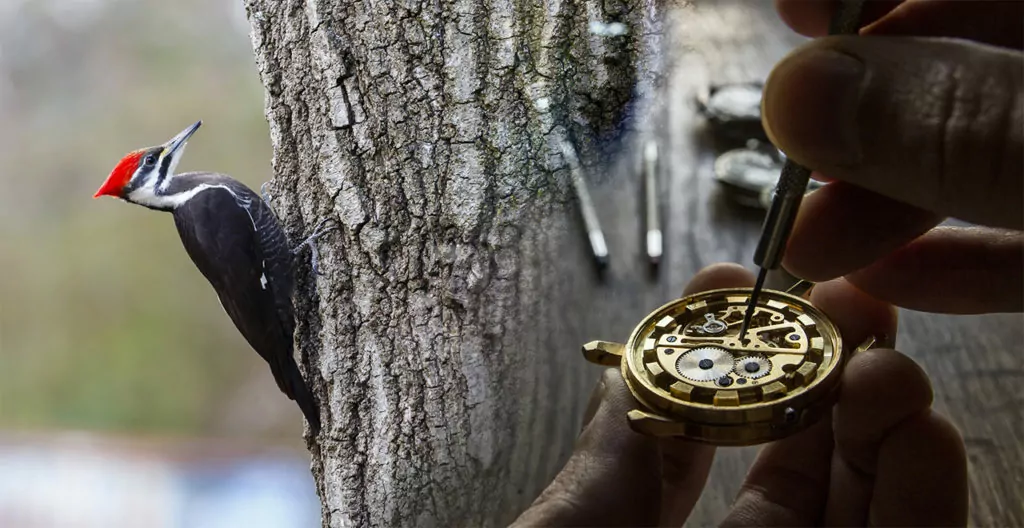
Theology
Will animals go to Heaven?
What happens when animals die? The question of whether animals exist in heaven has been debated for centuries. Do people share the same spirit and afterlife destination as animals? Will pet owners see their beloved pet again? Will their pet go to heaven?
For many these are sentimental, frivolous questions. For others they are important. Children especially will want to know about the fate of their dead pets. What are we going to tell them when they ask?
Cats, dogs, birds and more
Children are routinely told that their pet has gone to heaven. Someone wrote to Randy Alcorn, the author of Heaven, "My children are hoping extinct animals will be in Heaven, maybe even dinosaurs." Alcorn thought it a possibility, arguing that the primary beings shown articulating God's praise in Heaven, along with the angels and human beings, are animals.
Even in secular society many people tend to believe in an afterlife for our fellow creatures. Gift shops sell collector plates depicting “feline paradise” showing that the lost kitten enjoys a magnificent afterlife in paradise. A Hollywood version of dog afterlife is described in the full-length feature film All Dogs Go To Heaven.
Evangelical author Angela Hunt argues in her 2005 novel Unspoken that birds and horses and creatures are in heaven now. For proof she refers, for example, to Elijah being taken to heaven by a chariot of fire and horses (2 Kings 2:11). She says that when her “buddy Justus” (a 275-pound mastiff dog) died, she promised him that she would meet him in heaven. “My heavenly Father loves me, he loves his creatures, and I am almost certain I'll meet my beloved Justus in eternity.”
Cute little furry almost humans?
Why have so many people in North America become so sentimental about their pets? Some suggest that the growth of cities and suburbs has deprived most North Americans of instrumental contacts with animals. Many suburbanites have never spent time on a farm and with farm animals. They have not seen what they are like. Consequently, they romanticize animals as quite human-like, though more innocent and pure.
This humanization of pets encouraged sentimentalism. Many pet owners keep photos of their pets in their wallets or on their desks; some celebrate their pets' birthdays. Estates have been left to cats and dogs. Some even use the services of pet psychologists. While no one would wish to denigrate pets, our modern affluent society frequently puts more value on pets and even wild animals than on people.
The current trend toward the humanization of animals contributes to the blurring of the boundaries between man and animals. The theory of evolution, New Age philosophy, and the rhetoric of the animal rights movement have greatly impacted our society's attitude toward animals. The recent movement for the protection of animals usually labeled "animal liberation" or "animal rights" is often in the news. The more uncompromising among the animal liberationists have demanded equal moral consideration on behalf of cows, pigs, chickens, and other apparently "enslaved and oppressed" animals. Many animal liberationists put their ethic into practice by becoming vegetarians. In Rattling the Cage. Toward Legal Rights for Animals Steven M. Wise, a lawyer promoting animal rights, declares that it should be obvious that "the ancient Great Wall" that has for so long divided humans from every other animal is biased, irrational, unfair, and unjust. He believes it is time to take it down. Consequently, in his book he strongly argues for the extension of personhood to chimpanzees.
The “talking” gorilla
But if chimpanzees are supposedly people, why can't we communicate with them?
This type of thinking led to research on animal communication and intelligence. Several historic attempts were made to teach human language to animals. In the 1960s R.A. and B.T. Gardner, in extensive studies carried out in America, considered the possibility that although primates might be unable to vocalize speech, perhaps they could learn to communicate with their hands via sign language. So they set out to teach an eleven-month female chimpanzee – Washoe – the sign language used by deaf people. But it should be noted that the sign language they taught (called Ameslan) is constructed differently from spoken or written language, so direct comparison with human speech is difficult.
Experiments have also been made with a gorilla. The American Gorilla Foundation portrays gorillas as part of the human family. In 1972 Penny Patterson began to teach sign language to Koko, a gorilla born in the San Francisco Zoo. This experiment promoted the idea that animals have human qualities. It also contributed to the animalizing of man. The Gorilla Foundation's funding appeal stated that Patterson's experiment resulted in "an astonishing breakthrough in our understanding of the world. The news is that a very remarkable gorilla named Koko has changed myth into fact...by speaking to humans." The public was invited to "become part of Koko's extend family."
 Christian author Angela Hunt expresses some interesting but speculative thoughts about animals in her novel Unspoken, a story about a talking gorilla.
Christian author Angela Hunt expresses some interesting but speculative thoughts about animals in her novel Unspoken, a story about a talking gorilla.
In the novel Unspoken Christian author Angela Hunt writes that many years ago she saw a video about Dr. Penny Patterson and Koko, and she thought then that their story contained the seeds of a novel. Recently she saw an updated version of the video and that's when she knew the time to write had come. Besides the video inspiration, Hunt's novel shows indebtedness to the views of Randy Alcorn, who combines Biblical exegesis, evangelical theology, and imaginative speculation about heaven and the new heaven and earth. It is not surprising, therefore, that Unspoken is highly recommended by Alcorn.
The main characters in Hunt's novel are a young woman named Glee Ganger and Sema, a western lowland gorilla, who was entrusted to the care of Glee. Glee – not a Christian in the beginning of the book, conducts unique research in the field of interspecies communication. She teaches Sema, who is fascinated with words, how "to talk" by using American Sign Language. She says that her research has proven that Sema not only understands the words for most common things and activities; she also has a firm grasp on many abstract concepts. Glee believes that Sema is a thinking animal. She frequently evidences signs of advanced intelligence, even intuition. Glee treats Sema as her child and calls the young gorilla "sweetie" and other endearing names. She reads picture books aloud to her. She even asks, which book do you like to read? Sema answers: "Pumpkin Patch."
Sema also knows God and communicates with Him. Glee asks, “Sema? Why did you talk about God?" Sema replies, "Because God is." Sema also says, "Word made world, word loves Sema, word made gorillas people apples bears." "Sema good gorilla Sema loves God thanks."
Will Sema go to heaven? To be with God? Sema believes she will. "God make trees sky. God make home gorillas people." How does she know? Sema says a shiny angel had told her these things. At the novel’s conclusion Sema meets a tragic, but heroic end. She dies protecting Glee from a tiger which got loose in the zoo and charged at Glee. She saved Glee's life by tackling the tiger. As Sema is dying she says, "Shiny man say... Sema go now. Sema happy. Sema love." Glee, therefore, believes she will see Sema in heaven. Sema's sacrificial death is also instrumental in Glee becoming a Christian. And Glee testifies, "How ironic that animal could be used to bridge the gap between me and God."
Many questions
 The humanization of animals, pretending they are so much like us, is also an animalization of humans.
The humanization of animals, pretending they are so much like us, is also an animalization of humans.
The humanization of animals and the belief that they go to heaven raises many questions. Historically, people didn't always view animals in a positive light. Negative qualities of animals are often mentioned in reference to humans such as "as evil as a hyena," "as sly as a fox." In the early fourteenth century, Dante had condemned to the eighth circle of his Hell those guilty of "the sins of the wolf": seducers, hypocrites, conjurers, thieves and liars.
In the Bible there is also a reference to animals capable of being possessed by an evil spirit. Jesus allowed a demon to enter a herd of pigs who rushed into the lake and were drowned (Mark 5:1-13). William Barclay adds his comments about those who criticize Jesus for allowing the death of the pigs: "We do not, presumably, have any objections to eating meat for our dinner, nor will we refuse pork because it involved the killing of some pig. Surely if we will kill animals to avoid going hungry, we can raise no objection if the saving of a man's mind and soul involved the death of a herd of these same animals.... in God's scale of proportions, there is nothing so important as a human soul."
Are animals able to "talk"? Alcorn claims that this is possible. He refers to the account of the serpent speaking to Eve in the Garden of Eden. He argues, "There's no suggestion Eve was surprised to hear an animal speak, indicating that other animals also may have spoken." He also mentions the story of Balaam and his donkey (Numbers 22). He suggests that the wording of the text doesn't suggest God put words in the donkey's mouth, as in ventriloquism – He "opened the donkey's mouth," permitting it to verbalize what appears to be actual thoughts and feelings.
I believe Alcorn and Hunt are mistaken. For example, the vocal tracts of gorillas are constructed so they can't speak. They can be trained to make signs. But they can't produce verbalized speech. They do not have structured grammatical language. They are deprived of reason and forethought. And they cannot, which may be highly significant, draw representational pictures. Newspapers have reported on monkeys daubing on a canvass and receiving an art award. But at best they only doodle. Furthermore, it is not possible for them to search for a solution to a puzzle, let alone ask them what they see or hear or smell, or what they think of their cage-mates, or of us and our experiments. Man can verbalize his thoughts in speech. The uniqueness of human language reveals man's intellect, will, emotion and general ideas about space and time, and abstract concepts. It is man's key to communicate concerning the past, the present and the future.
Calvin brings human speech in its proper Biblical framework. He notes:
"The use of the tongue and ears is to lead us into the truth by means of God's Word that we may know how we were created incorruptible and that when we are passed out of this world there is a heritage prepared for us above, and in short to bring us to God."
Do animals have a soul that continues to exist after death? On the one hand Alcorn argues that they have "non-human souls." On the other hand he says that though man continues to exist after death, it "may not be the case for animals." But the Bible does not say that animals have souls. But neither does the Bible deny this. The question whether animals have a soul is not new. The medieval theologian St. Thomas Aquinas decreed animals were soulless, and graded them according to their utility to people. Wolves, bears, and hairy beasts useless to human comfort were demonic.
The twentieth century Reformed theologian R.C. Sproul observes:
"Traditionally many have been persuaded that there is no future life for animals. The Bible does not teach that animals go to heaven. One of the key arguments against the idea that animals do not survive the grave is the conviction that animals do not have souls. Many are convinced that the distinctive aspect that divides humans from animals is that humans have souls and animals do not."
Will animals be with the Lord in the intermediate heaven, the stage of eternal life before the coming of the New Heaven and Earth? An animal is not religious. Man is incurably religious. Even in his denial of God man struggles with the God question. Dr. J.H. Bavinck comments that:
"in his religion man is aware that he is not alone because he knows that he is living in the immediate presence of someone who is infinitely greater than he."
Only in man do heaven and earth meet each other. Animals were not created for a life in the heavenly realms. The Bible clearly states that eternal life is not merely "life after death" (cf. John 3:16). The twice born have eternal life right now.
But the Gospel does not only mention heaven, but also hell. Apart from the saving work of God carried out when He gave his Son for our sin on the cross of Golgotha, He would have to assign us the agony of hell. The Gospel also proclaims that there is only one way to God the Father. "Salvation is found in no one else, for there is no other name under heaven given to men by which we must be saved" (Acts 4:12). Our Lord Jesus said, "No one can come to me unless the Father who sent me draws him" (John 6:44). These texts do not include animals being drawn to the Father through Jesus Christ. Only man is capable of having a personal relationship with the infinite personal triune God.
Man created in the image of God
The Bible affirms the dignity of man. Man is sharply distinguished from the rest of God's creation. He is unique! Nothing in creation can be greater or have more dignity than man, for God alone is greater (Ps. 8). Man is different from all other creatures; he is created in the very image of God. Man, as God's image bearer, is elevated above animals and destined to have dominion over all the world (Gen.1:16, Ps. 8:5-9). Of all God's acts of creation recorded in Scripture, this is the only one preceded by the statement that God, as it were, consulted Himself before acting ("And God said, 'Let us make man'" (Gen. 1:26)). This formal fact alone is of great importance because it shows that this creative act differs from all the others. It is the fact that God created only man and woman in His image and likeness (vv.16-27). In the New Testament mankind is also referred to as being "made in God's likeness" (Jam. 3:9). The apostle Paul describes Christ as the perfect image of God. He says, “And we, who with unveiled faces all reflect the Lord's glory, are being transformed into his likeness with ever increasing glory, which comes from the Lord, who is the Spirit" (2 Cor. 3:18).
Scripture testifies that man is a worker and developer. He is the steward of God's world and has been called by God to responsibly enfold creation through his work. Animals and plants are under his dominion. Adam named the animals (Gen. 2:19,20). Scripture also shows that people are allowed to use animals as work animals and for food (Gen. 9:3). Man is the scientist at work in God's laboratory – earth.
People may speculate whether animals go to heaven. But Scripture shows that the world is to be understood only in relation to man. Calvin notes, "The Lord Himself by the very order of creation has demonstrated that He created all things for the sake of man." The world created and endowed as a habitation for man in such a way as to serve his true destiny in the worship and adoration of God. The first question of The Westminster Larger Catechism asks, “What is the chief and highest end of man” The answer? “Man's chief and highest end is to glorify God, and fully enjoy him for ever.” The same belief is expressed by John Calvin. He states that God made man erect, unlike the other creatures, that he might know and worship God. He wrote, "God created us after His own image in order that His truth might shine forth in us."
The New Heaven and Earth
When our Lord establishes the New Heaven and Earth upon His return with renewed men and women, will animals also be redeemed? According to Hunt the new earth will be populated with animal life. Alcorn argues that animals will be on the New Earth, which is a redeemed and renewed old earth, in which animals had a prominent role. He believes that on the New Earth, after mankind's resurrection, animals (pets included) who once suffered will join God's children in glorious freedom from death and decay. Alcorn refers to Romans 8:21-23 for proof text. He assumes animals – as part of a suffering creation – are eagerly awaiting deliverance through mankind's resurrection.
As I see it
The first chapter of Genesis reveals that God's purpose was that nature in paradise be at peace with itself. Isaiah 66:22 says that the Lord will make the New Heaven and the New Earth. It is making something new from the old. Therefore, no new creation, but recreation, renewal. The New Earth will be the renewal of the old. Isaiah anticipates an eternal Kingdom of God on the New Earth. He describes the glorious future which God's people prayerfully and eagerly anticipate. He points to a time of the renewal of the old paradise where predator and prey will lie down together and be at peace. “The wolf and the lamb will feed together, and the lion will eat straw like the ox...They will neither harm nor destroy in all my holy mountains, says the Lord” (Is. 65:25).
Will there be animals on this new world? Apparently there will be plants, rocks, trees and animals on the New Earth. But asked exactly what it will be like, we cannot say because Scripture has not revealed it to us.








